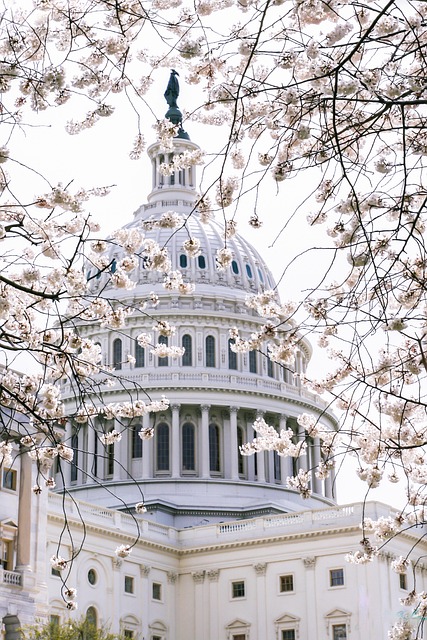
US Senate Removes AI Regulation Ban from Trump's Mega Bill
On July 1, 2025, the U.S. Senate voted overwhelmingly to remove a 10-year federal moratorium on state regulation of artificial intelligence (AI) from President Donald Trump's comprehensive tax-cut and spending bill. This decision has significant implications for the future of AI governance in the United States.

Background of the AI Regulation Ban
The Original Proposal
The initial proposal aimed to impose a 10-year ban on state-level AI regulations, effectively preventing states from enacting their own laws governing AI technologies. This provision was included in President Trump's broader legislative package, which sought to streamline federal policies and promote technological innovation.
Objectives of the Ban
Proponents argued that a uniform federal approach would eliminate the complexities and inconsistencies arising from a patchwork of state regulations. They believed this would foster a more conducive environment for AI development and enable the U.S. to maintain its competitive edge in the global AI race.
Legislative Process and Debates
Senate's Vote to Remove the Provision
During a marathon session known as a "vote-a-rama," the Senate voted 99-1 to strike the AI regulation ban from the bill. The amendment to remove the provision was introduced by Senator Marsha Blackburn (R-TN), who collaborated with Senator Maria Cantwell (D-WA) to address concerns from various stakeholders.
Attempts to Revive the Provision
In response to the Senate's decision, Republican lawmakers considered revising the ban to a five-year moratorium and sought to exempt certain state regulations, such as those protecting children or artists from harmful AI tools. However, these efforts were abandoned when Senator Blackburn withdrew her support for the compromise language, emphasizing the need for state-level protections.
Reactions from Stakeholders
State Officials and Governors
State officials, including a majority of Republican governors, expressed strong opposition to the federal ban. They argued that it would infringe upon states' rights to regulate technologies impacting their residents. Arkansas Governor Sarah Huckabee Sanders led a coalition of GOP governors in sending a letter to Congress opposing the provision.
AI Safety Advocates
Advocacy groups focused on AI safety also criticized the ban, contending that it would grant the AI industry undue immunity and undermine accountability. They emphasized the importance of state regulations in ensuring AI technologies are developed and deployed responsibly.
Technology Industry Perspectives
Major AI companies, including Alphabet's Google and OpenAI, had previously expressed support for a uniform federal approach to AI regulation. They believed it would simplify compliance and promote innovation. However, the removal of the ban has led to renewed discussions about the balance between federal oversight and state autonomy in AI governance.
Implications for AI Governance
Impact on State Regulations
With the federal ban removed, states retain the authority to enact and enforce their own AI regulations. This decentralized approach allows for tailored policies that address specific regional concerns and priorities.
Future Federal Legislation
The Senate's decision highlights the ongoing debate over the appropriate level of federal involvement in AI regulation. It underscores the need for a cohesive national strategy that balances innovation with ethical considerations and public safety.
Conclusion
The U.S. Senate's removal of the AI regulation ban from President Trump's mega bill reflects the complex interplay between federal and state authorities in shaping the future of AI governance. As AI technologies continue to evolve, ongoing dialogue among policymakers, industry leaders, and the public will be crucial in developing frameworks that promote innovation while safeguarding societal interests.
For more detailed coverage, refer to the original article by Reuters: US Senate strikes AI regulation ban from Trump megabill.